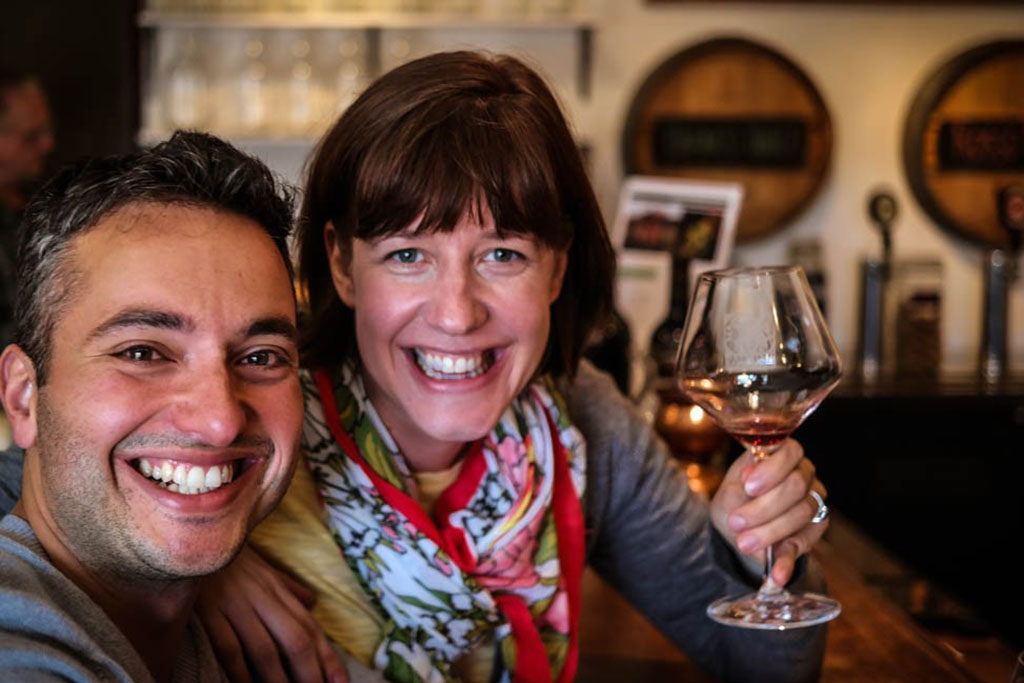Welcome to Location Independent Success Stories, the newest interview series on The Sweetest Way!
In each new post, I’ll be introducing you to people who are using their unique skills and talents to live the travel lifestyle of their dreams.
In this edition, I’m pleased to introduce you to Julie and Drew, a couple whose passion for travel has taken them to several different countries to live as expats while they explore new destinations in their free time.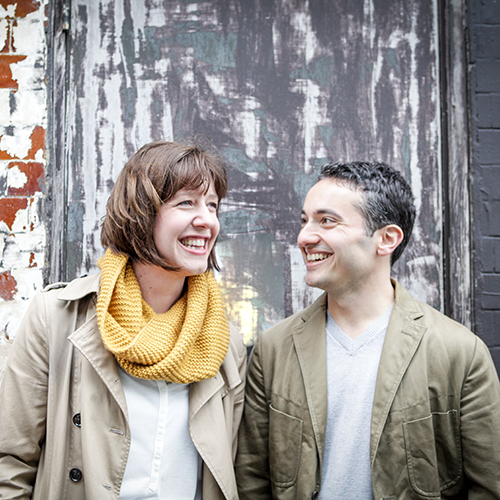
Julie and Drew are serial expats, Americans who spent three years living in the UK and are now settled in China. While Drew manages the couple’s blog and business, Drive on the Left, Julie works in a traditional career, which has taken them around the world. When they’re not at work, Julie & Drew love to eat their way through a place, can never pass up a delicious cocktail and want to take every dog home with them.
Follow Julie & Drew: Facebook | Instagram
First, please tell us a little bit about yourselves. What’s your background, and what are you doing now?
We met years ago, as neighbors in our college freshman dorm. Somehow, we both found a love for travel and far flung exploration around the same time, and we’ve been working to make it part of our lives ever since. We’ve been married for ten years.
Professionally, our backgrounds are in hospitality and restaurant management (Drew) and marketing research and consulting (Julie). We have moved around the world (from the US to UK and now China) with the support of a multi-national corporation. Julie has maintained her career and physically goes to an office every day and Drew manages our website and the Drive on the Left business full time.
Become a #serialexpat and see the world on your own terms! #traveltips Click To TweetHow often do you travel? Do you have one city that you consider a home base?
Right now our home base is Shenzhen, China. From our apartment, we can see the back of the islands that make up Hong Kong, to give you a sense of geography. We went through an epic visa acquisition process to get here, so let’s just say we don’t plan to leave anytime soon.
When we were living as expats in the UK, we made it a goal to travel to ten new countries per year. Over the course of several years, we visited nearly every country in Europe, and a few in the Middle East and Asia. Now that we’re in China, we have our eyes set on a bunch of new destinations.
In general, we try to travel at least one weekend per month (domestic or international), we use Julie’s business trips as a way to tack on additional travel, and take full advantage of vacation days and national holidays. In October, Julie’s company is closed for a week to celebrate China’s National Day, and we’re going to Japan during that time.
Where are you now, and where do you plan to travel next?
We are writing this from Shenzhen, where we are deep in our first tropical summer. Our poor bodies don’t know what hit them. Actually, the remnants of a typhoon have blasted through today, which is always exciting.
Our next trip is back home to the US, to celebrate family reunions in Florida and Indiana. We also have visits to Macau (Asia’s answer to Las Vegas), Shanghai, and Japan on the books. And that’s just what we’ve officially scheduled.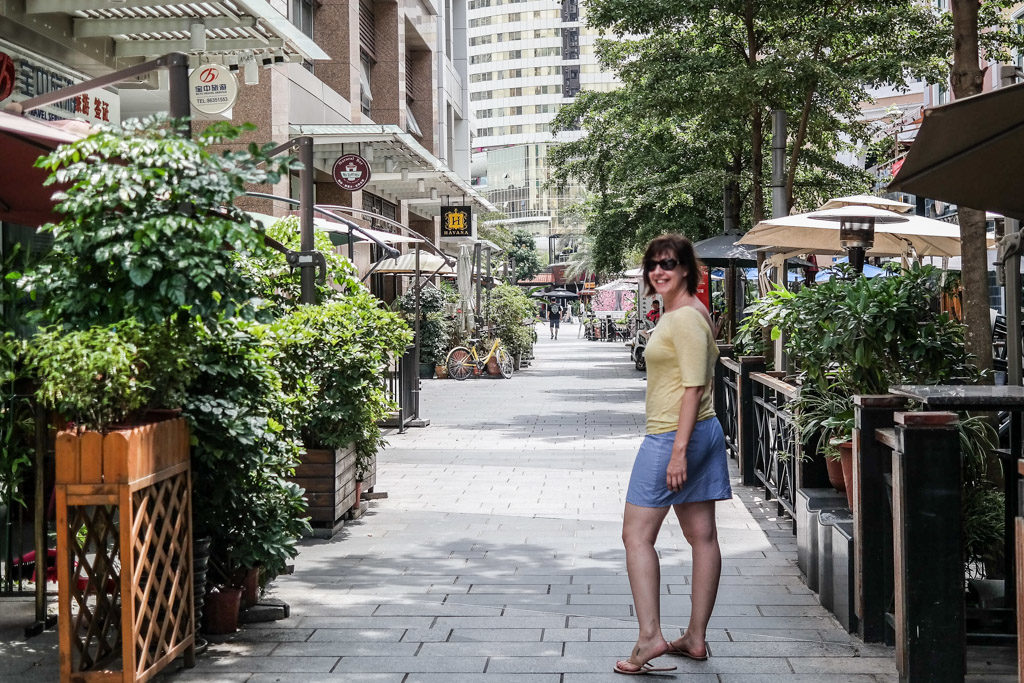
How do you typically choose your destinations?
We are big fans of keeping up with airline deals and planning our travel around that. Because we’re two people who are pretty happy going anywhere as long as it looks fun, we’re not picky, but we are frugal. A cheap flight gets us every single time.
In China, there are two major national holidays each year (when prices skyrocket and the entire country is on the move) so we’re being very strategic about planning those weeks, choosing dates and destinations that seem the least busy.
When did you realize you wanted to live abroad, and what were your reasons behind that decision?
We knew ten years ago that really wanted to live abroad someday because it seemed ‘fun.’ At that point, we were fully ‘settled down’ in Portland, Maine, and life was nice, but predictable.
Now that we know a little more, building a life abroad has been a great way to nurture our values of adventure and curiosity. When we move to a new country, we’re vulnerable and clueless and we learn so much about ourselves and the world. There really is nothing like it. And now, we’re hopelessly addicted.
What were some of the first steps you took toward achieving this lifestyle?
At one point in our late 20s, we were just your average newly married couple. We had good jobs in Portland, we bought a house, we had a dog. Life was fun, if snowy, and we had this ‘move abroad’ itch we really wanted to scratch. But we were both working for companies that had no international business opportunities.
Julie had gone back to school to get her MBA, so when she finished, we brainstormed a plan. She would use her MBA graduation as a good excuse to start looking for a new job, specifically at a company where moving around the world was a fairly normal, encouraged practice (not all companies share this value).
Eventually, she found a good role in a good company, but it required our first big move, from Maine to New York City. Two years later, an opportunity came up in the UK and the rest is history.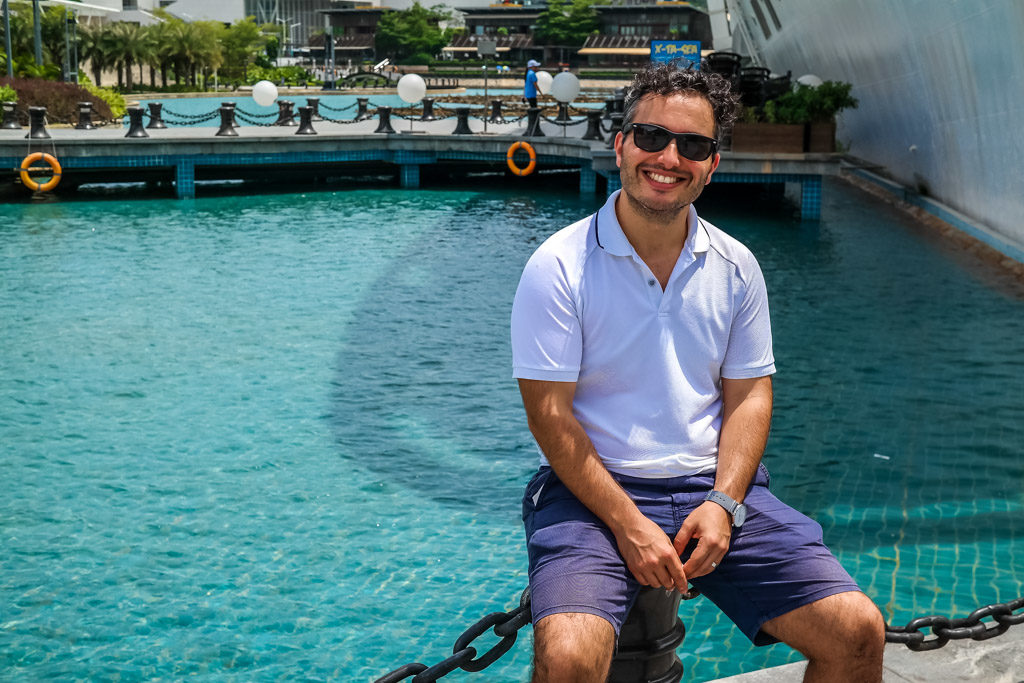
Of all the places you’ve lived and worked so far, which one was the best suited for people living a location independent lifestyle and why?
The places we’ve lived abroad are actually NOT the easiest places for those who are looking to be location independent. London is dreadfully expensive, and it was only affordable for us because we came in with some extra expat benefits as part of an employment contract.
China has much more reasonable living costs, but the visa process is a total nightmare and the notoriously fickle internet (speed and accessibility) makes a purely digital existence less than ideal (just ask Drew when he’s pulling his hair out thanks to our internet speed).
Culturally, it’s hard to go wrong though with London and Hong Kong, major metropolitan hubs that are the melting pots for the world. They are vibrant and engaging.
Tell us about your work. What is your primary source of income?
Currently, most of our income comes from Julie’s job. She gets paid a normal salary and we are able to take advantage of her benefits (health insurance, retirement savings, etc.). While we get some income from Drive on the Left, Drew is also thinking about doing remote work with an American company as a way to bring in extra cash and develop new skills.
Related post: Land Your Dream Remote Job in 5 Simple Steps
How did you get started doing what you’re doing?
Like many people who start websites, our blog was initially to keep family and friends up to date on the drama of our move to the UK. Slowly it became more, a passion project and eventually, a business. We have always managed our website while having other jobs to keep the lights on, so to speak, but the website has been a full or part-time gig for one or both of us for several years now.
Julie’s work, in marketing research, started after college. These days she’s managing a global account (HQ in China), and that was the result of telling anyone and everyone she worked with that we wanted to move to Asia and were there any internal contacts that she could talk to? Sounds simple, but it actually took about 6 months to secure this position after we left the UK. It’s all about persistence and networking.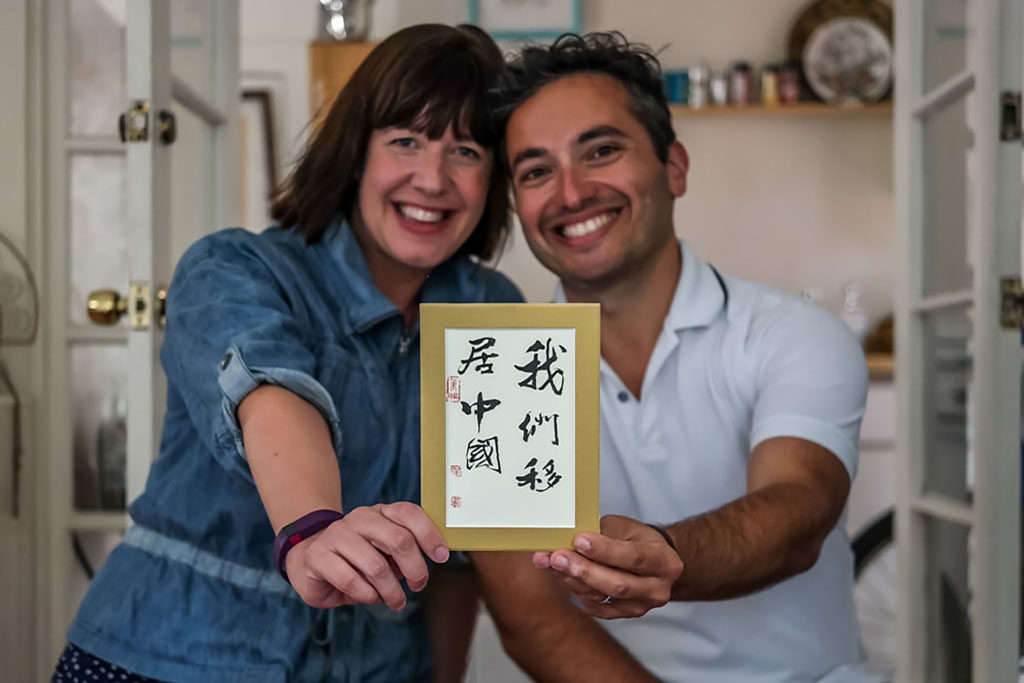
What does the average workday look like for you?
Julie goes to work around 9:30, and is home around 7. Gym, dinner and an episode or three of Breaking Bad, and that’s the gist of it.
Drew’s schedule is a lot more flexible and thus, more interesting. Our internet is usually best in the morning, so he spends that time fully engaged on the website (creatively, social media, business opportunities). In the afternoon, when the internet slows to a crawl, he gets out of the house to the gym, to do errands, and manage the business of life. He’s also a great cook and cooks dinner in the evenings.
If someone else wanted to follow a path similar to yours, what advice would you give them?
Our decision to move abroad triggered a bunch of actions–looking for jobs at multi-national companies, physically moving to a city with more opportunities, positioning ourselves so we could say yes when the time came. Our second move abroad was more of the same–hey world, we want to move to Asia. What positions are available? Who do we talk to?
These were highly calculated decisions, and they took time, energy and money (our 6-month sabbatical between Julie’s overseas roles was fun, but we had planned and budgeted for it). We’ve found that this particular type of remote work–the kind within a company, not as a business owner–takes a lot of patience and flexibility. Interviews with Chinese executives at 4 am are no fun, but they are all worth it for the resolution in the end.
How much could someone expect to earn when just starting out? How much do you earn now?
With 15 years of experience and a bunch of degrees, Julie’s salary and benefits has allowed for a comfortable lifestyle in both London and in China (where our earnings go far). That said, with the changes in payroll laws from one country to another, when Julie gets paid in ten days, it will be our first paycheck into our Chinese bank account and over a month since her last check.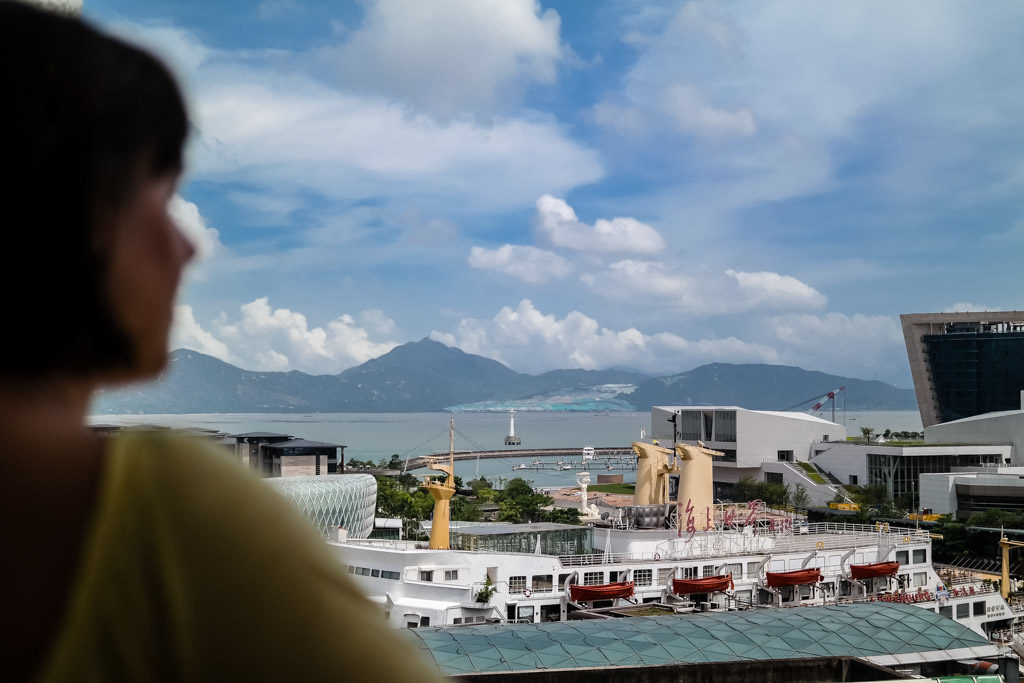
Do you have other income sources as well? What are some of the other ways you earn a living?
Our website is the little engine that could, and it brings in $500-$1,500 per month, depending on what partnerships and collaborations we’re working on.
In your opinion, what is the hardest thing about living abroad?
Living abroad long-term, especially in a country where you don’t speak the language, is a massive adjustment, and definitely not for everyone. From finding an apartment, to working out how to sign up for utilities, to how to get drinkable water delivered, each tiny step is a big chore but also a massive win.
Last weekend, Julie was stuck in an airport with a canceled flight, and she would have been completely in the dark if not for a fellow passenger who offered to translate what was being said.
Being away from family and friends used to be much more of a burden but thanks to technology, we’re Skyping and texting with our friends and family all the time.
What are some of the things you like about it the most?
Living abroad provides a unique perspective of the world. Being from the US, it’s so easy to grow up with the perception that the United States is the be-all-end-all in the world. That viewpoint is constantly reaffirmed, and it’s hard to believe that people elsewhere don’t know or care what’s happening in America. We’ve become much more culturally sensitive, decent human beings. All good things.
How did becoming expats change your relationship with travel? Do you do things differently now?
Having a new home airport every few years means a whole new set of travel destinations at our fingertips. While we were in Europe, we spent most of our time traveling there–so cheap and easy. Now that we’re in Asia, you better believe we’ll spend most of our time here.
Do you have any great money-saving travel tips to share?
Embrace low-fare airlines. Instead of searching for a destination, just see what’s cheap and go there. Eventually, your passport will be full of interesting stamps. Just be careful about the luggage restrictions and pay attention to the fine print. Don’t be that guy who gets fined boarding the plane.
What do you think are some of the necessary traits or skills someone should have if they plan to pursue a lifestyle of travel?
Changing locations with a company brings a lot of benefits (insurance, a steady salary) but there are a lot of trade-offs. There is a lot of complexity, and patience is key. In our situation, Julie’s company had a hiring freeze at the end of last year, which meant that all the positions she had been pursuing were on hold until January. It was confusing and hard to navigate–and she was already an employee with lots of connections. Let’s just say, you’ve really got to want it. And then you have to be willing to put in the time and effort to pursue all leads, schedule those meetings, proactively follow-up.
Related post: 5 Challenges of a Location Independent Lifestyle (and How to Overcome Them)
Share with us one of your best tips productivity tips–how do you stay motivated?
There’s nothing like the fickle Chinese internet to motivate us to take advantage of it when everything is moving fast and smoothly. You’ll find both of us glued to our computers in our apartment, happily working away and grateful for the speed.
Do you have any role models who have helped you or motivated you to achieve your goals?
It seems like half the internet lives in a gorgeously remodeled VW van on a beach. And the other half is wandering the streets of Paris, baguette and wine in hand. But our most constant inspiration comes from other expats we meet in real life, people who have built lives everywhere from Saudi Arabia to Taiwan. We always leave those encounters saying, ‘Maybe WE should move to xxx next…’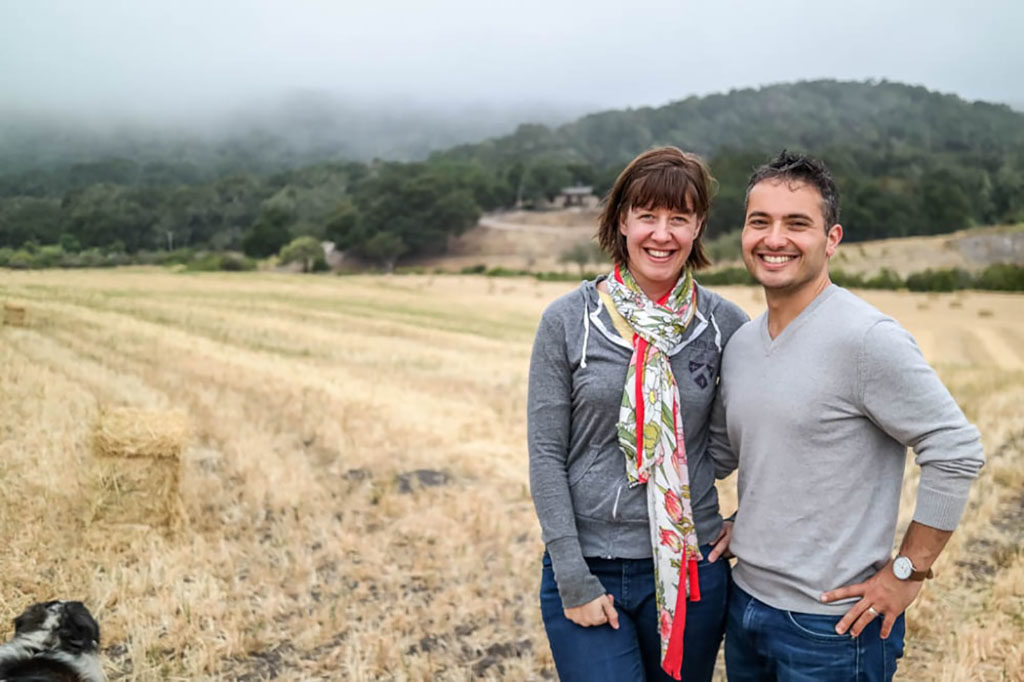
What’s one of the most valuable purchases you’ve made for your business–something that wasn’t necessarily expensive, but provided you with a lot of value?
We sold our DSLR and swapped it for a mirrorless camera a couple years ago (a Samsung model that isn’t even made anymore). We loved the idea of the big-boy camera, but it was such a hassle. Our smaller camera takes amazing photos, and we have all the control we need.
Tell us about one of the biggest mistakes you’ve made and how others can avoid it.
For some people, making a commitment to the date of your location independence is freeing and motivating. For us, marking dates and making assumptions about timelines is the absolute worst thing we can do to ourselves. We get attached to those dates (by January 1st we will be in our new home!), only to have the plans thwarted every single time. We landed in China about six months later than we originally imagined. Our imaginations are the worst predictors of real life!
Any last pieces of advice for others who might be aspiring to move abroad this year?
We’ve been living as expats long enough that we’re pretty realistic (and maybe a little jaded) about what this kind of life entails. Our lifestyle didn’t happen by accident–it was a big decision, followed by tons of other actions over years of planning. Persistence is key.
That said, if you want it, truly want it, you’ll prioritize and calculate and maneuver your life to fit the picture you want. And when you do get there, it’s a beautiful thing indeed.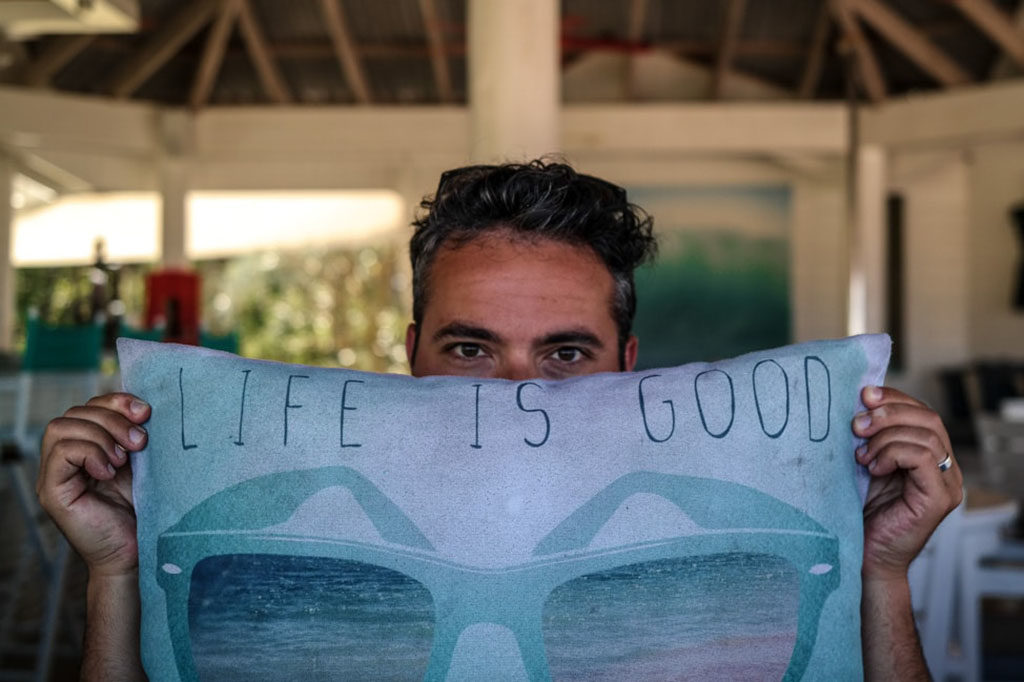
Read more interviews in the Location Independent Success Stories series:
- How to Travel the World as a Freelance Social Media Manager
- Working from Anywhere as a Self-Taught E-Commerce Marketing Specialist
- How One Couple Turned Their Travel Obsession Into a Lifestyle
- Living the Digital Nomad Lifestyle as a Professional Translator
- Freelance Your Way to Location Independence: A Copywriter & Copy Editor Tell All
- From Aspiring Actress to Remote Worker: In Search of Flexibility
- How This Blogger Built Her Dream Location Independent RV Lifestyle
- Surviving and Thriving as a Location Independent Digital Marketing Freelancer
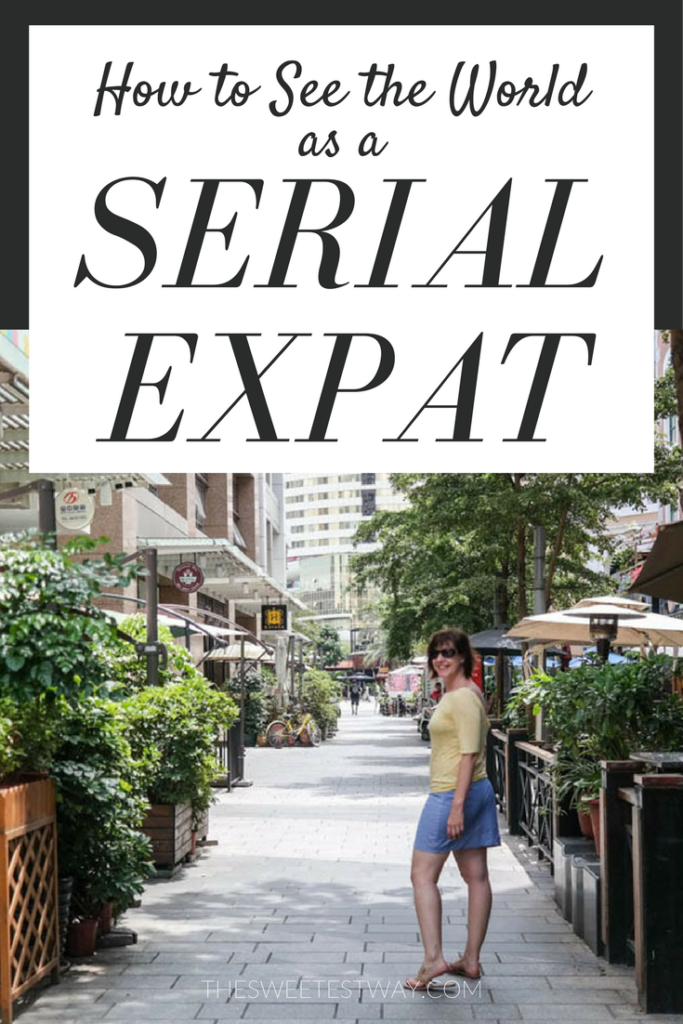
Which path to location independence is right for you? Download Chapter 5 of my eBook to find out!

